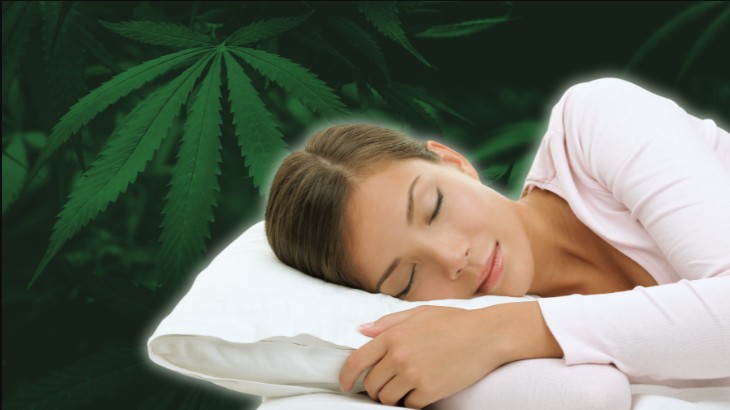Largest Study Confirms Cannabis Improves Sleep for Sleep Apnea Patients
New research from Minnesota reveals that 40% of sleep apnea patients saw lasting sleep improvements after using medical cannabis. The largest study of its kind shows promising results for both sleep quality and overall wellness.
CANNABIS & HEALTH
6/4/20251 min read


Medical Cannabis Provides Sleep Relief for Sleep Apnea Patients, Study Confirms
A groundbreaking study out of Minnesota has found that medical cannabis offers significant sleep benefits for patients suffering from obstructive sleep apnea (OSA). The research, conducted by the Minnesota Office of Cannabis Management, analyzed data from over 3,100 first-time OSA patients enrolled in the state’s medical cannabis program—making it the largest study ever conducted on cannabis and sleep apnea.
Key findings include:
40% of patients reported significant improvements in sleep quality within four months of starting cannabis treatment, and these improvements were sustained for an additional four months.
Over 50% of patients dealing with moderate to severe fatigue also noted substantial symptom relief.
More than one-third of patients experiencing depression or anxiety saw improvements in their mental health following cannabis use.
“These numbers show meaningful changes in disturbed sleep and fatigue for patients after starting medical cannabis,” said Grace Christensen, Senior Researcher at the OCM. “Helping patients manage these symptoms can lead to better overall physical and mental health.”
This study builds on previous clinical research that shows oral THC (dronabinol) and cannabis products can help reduce sleep disturbances and improve symptoms in those with insomnia or other sleep-related issues.
Paul Armentano, NORML’s Deputy Director, praised Minnesota’s approach:
“Consumers have long turned to cannabis as a natural sleep aid, and now the data backs it up. Minnesota’s medical program deserves credit not just for offering access to these products, but for tracking and sharing real-world outcomes that can guide patients, physicians, and policymakers alike.”
Sleep apnea affects an estimated 26% of adults between ages 30 and 70, yet many remain undiagnosed. Left untreated, OSA can lead to serious health risks, including high blood pressure, heart disease, Type 2 diabetes, and depression.
Minnesota added sleep apnea as a qualifying condition for medical cannabis in 2018, and previous reports have already shown promising results for other conditions like chronic pain and PTSD.
Get in touch
Contacts
754-346-4421
book@drboorstein.com
